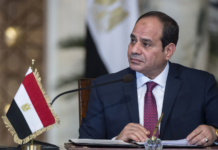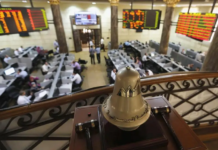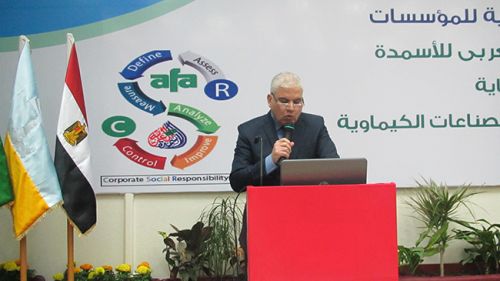by Amal Nabil
The Electronic Money Conference was held in Cairo on 2 and 3 September to discuss how turn to a policy of decreasing cash circulation and to rely on credit cards as a future alternative. The conference was attended by a group of leaders from banks, as well smart cards companies such as MasterCard and and E- finance.
The conference aimed to study and discuss the practical application of electronic payments in the daily use of the Egyptian people.
It also discussed how to support interaction and dialogue among the different bodies as well as local and international companies. Eliminating the underground economy was also one of the main issues discussed during the conference.
“One of the most important issues discussed during the conference is how to get rid of the phenomenon of the informal economy and integrate it into the legal economy,” said Hossam Bakr, CEO of Global Ferz Company.
More than 15 per cent of payments worldwide are through digital channels, and this highlights the importance of permanent and continuing need for retailers, banks and the public and private sectors to provide faster and safer channels to collect and issue payments.
“Electronic payment in Egypt started a long time ago but did not reach the desired ambitions,” said Najwa Al-Shinawi, an official with the Ministry of Communications.
Al-Shinawi noted that mobile use can raise electronic transactions, especially that 60 per cent of mobile subscribers are at the age of 15-45 years.
She also said that the ministry intended to improve networking services in the coming years, and explained that in Egypt there are nearly 96 million subscribers in mobile services.
Alaa Farouk, the head of products and marketing at the National Bank of Egypt, said that mobiles enable easy transactions, and that the bank had begun the conversion of automated teller machines to interact with mobile phones.
He highlighted that there are challenges facing mobile banking, such as ensuring that mobile phones are a trusty channel for purchases.
“The bank has begun marketing the service through Master Card, e-finance and the fawry service, where the customer can get credit for his mobile and pay university costs by mobile, which can be charged by ATMs,” Farouk said.
Farouk confirmed the existence of many institutions that support the banking policy to apply decreasing cash circulation and using the card system, noting that the government has taken effective steps in this regard.
“The National Bank recently launched a savings account for young people from age 16, and the payment service offered by credit cards contributes to attracting more customers to the banking sector and cooperation between the postal service and the national banks will yield achievement and development of financial policies,” said Farouk.
Magdy Hassan, the CEO of Master Card in Egypt, said that “Master Card has a great history in Egypt and is obligated to support Egypt and Egyptians through its expertise in technology and innovation”.
“As more than half of the population of Egypt does not have a bank account, mobile phones have become the preferred choice of payment, money management, and a better way to pay,” he added.
Hassan noted that they launched many financial programmes that rely on the mobile phone, and continue to work with partners to enable Egyptians to access financial services easily and safely.
He stated that the electronic collection rate in Egypt is no more than 5 per cent, with a ranking of 60 globally, noting that the mobile is one of the essential tools for the application of cash collection.
MasterCard has prepared a study on the relationship of GDP with shifting to non-monetary areas and found that it is expected to increase GDP under the policy.
He explained that Master Card is ready to apply the electronic payment policy, and is waiting for support from the government to link national citizen digital accounts. He said that among the advantages of the cards are that they are used anywhere in the world.
Ibrahim Serhan Chairman of “E_ finance compan , said the Central Bank of Egypt works to regulate the issue of cards dealing between corporates, and review it every three months, pointingy the Ministry of finance and the Central Bank put rules to facilitate minimize cash circulation , to maintain funds into the banking sector.
“Cooperation between firms of e-collections and banks
Resulted in significant evolution in the field of cooperation with the cards ” Sarhan said. He noted that January 2009 was the beginning of the e- collection in cooperation with the National Bank of Egypt.
He explained that the experience of collecting taxes was successfully collected 11 billion pounds electronically this year, compared with 2 billion last year, adding that had signed several protocols in the area of electronic collection with banks and universities, and that the company aimed to increase collection rates 5 times this year














